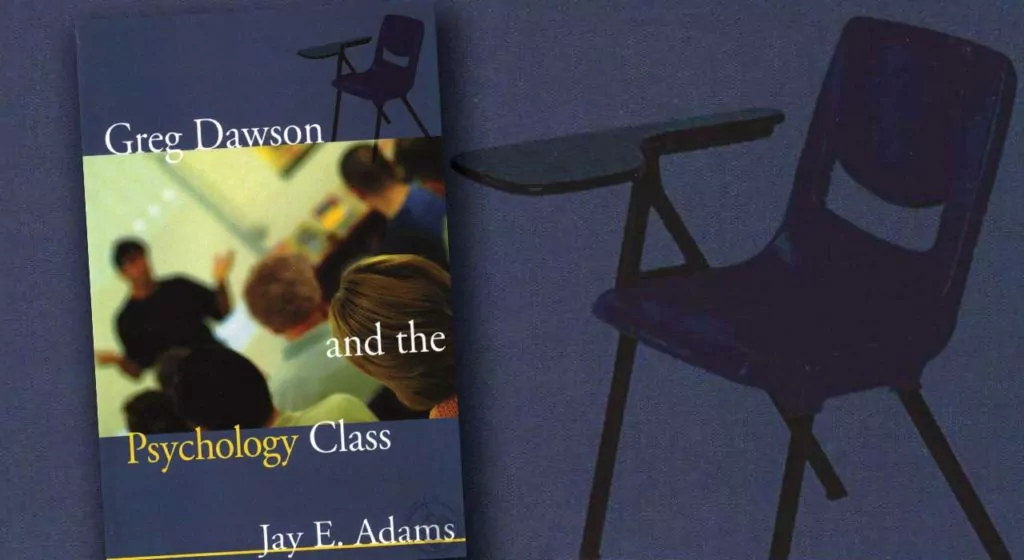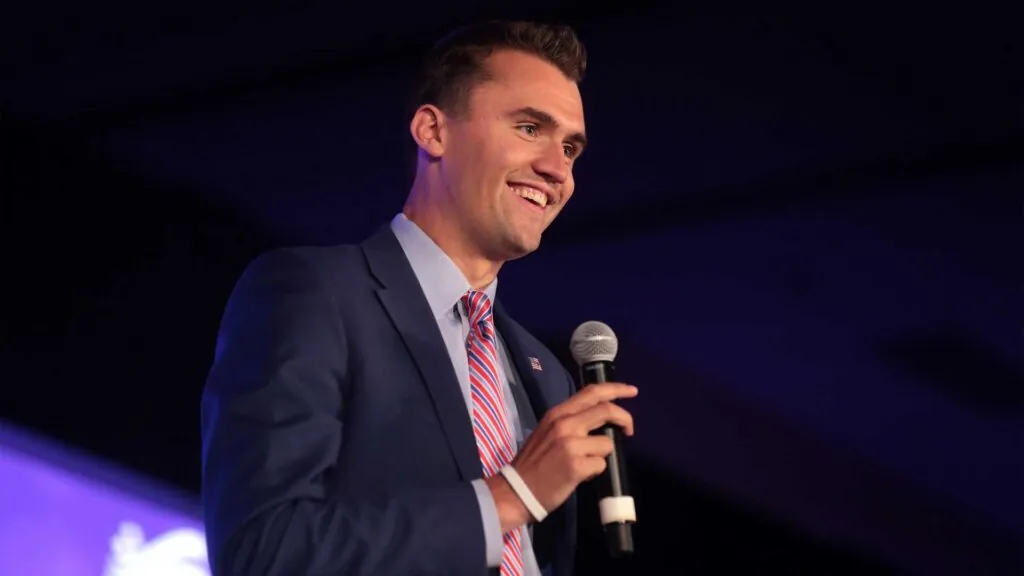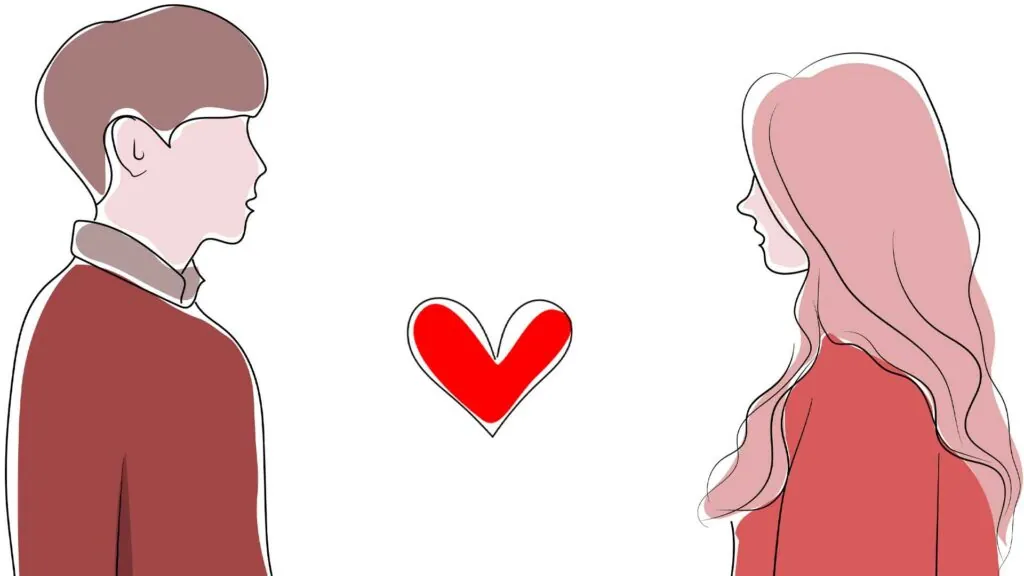Why the generation accessing the most mental therapy is the most mentally unhealthy
*****
As the old saying goes, “to a hammer, everything looks like a nail.” Among the hammers today is psychotherapy, and too many wielding it are convinced that every human problem is a nail. However, the unprecedented rise of mental health problems in Generation Z suggests that the overuse of this tool has done as much harm as good.
In a bold new book, Abigail Shrier confronts the idea of psychology as an all-consuming ideology. In Bad Therapy: Why the Kids Aren’t Growing Up, Shrier argues that much of what is now taken for granted about psychological and emotional “trauma” is wrong and has left millions of young adults more “traumatized” than if they’d had no therapy at all.
This thesis aligns with that of her previous book Irreversible Damage, which exposed the reckless push to medically transition gender-dysphoric kids, especially girls. This push has been driven by the mental health industry. In Bad Therapy, Shrier points out the many indications that the whole approach of our therapy-obsessed age is awry. Most obvious is that despite living in one of the most objectively prosperous and safe times in human history, our young people are, en masse, mentally sicker and emotionally sadder than ever. In fact, over 40% of young adults have a mental health diagnosis, twice the rate of the general population. So, the generation most treated for psychological wellbeing is doing the worst psychologically.
How did we get to this point? In a podcast with former New York Times columnist Bari Weiss, Shrier told the story of her grandmother, Bess, who grew up during the Great Depression. Bess was orphaned and so malnourished that her teeth grew in gray. She then contracted polio and spent a year in an iron lung. Yet, despite her suffering, she managed to recover, get married and have kids, go to law school, and become one of the first female judges in her state. She was also, as Shrier puts it, “One of the most optimistic and can-do women” she’s ever met.
Today, doctors, psychiatrists, counselors, and teachers would tell Bess, because of her “trauma,” to lower her expectations for what she could achieve. They’d constantly watch her, waiting for confirmation of her permanent damage. Eventually, Bess, like millions of children today, may have even believed them.
The central thesis of Bad Therapy is that the anti-adversity worldview that has been embraced by everyone from therapists to parents to self-appointed TikTok influencers hurts children. Therapy has become an ideology, an entire way of looking at life. Experiences that previous generations understood as a part of the human condition are diagnosed and “treated” and, in the process, a generation has been robbed of resilience, responsibility, and character—things that, as Nvidia CEO Jensen Huang recently noted, only come from facing adversity and, at times, failing.
As she told Weiss, Shrier is “no more anti-psychotherapy than… anti-chemotherapy.” Interventions are necessary sometimes but, like chemotherapy, mental health treatments carry risks. Shrier believes we must begin taking these risks seriously, especially when it comes to the youngest patients who have neither the experience nor the authority to argue when adults tell them, “You’re sick.”
For Christians who understand that human beings are more than matter that can be molded and medicated, the need for a book like this is even more obvious. Divine revelation and millennia of insight suggest that much of what passes for “psychological trauma” today is spiritual brokenness. Spiritual healing can take the form of counseling and medication, but to put it simply, no amount of psychotherapy alleviates our need for a Savior.
In the meantime, Abigail Shrier has, once again, launched a cultural conversation that is a vital corrective. Not only can it help curb the excesses of bad therapy and pop psychology and make us better, wiser parents, but a book like this can help us rethink the true complexities of who and what we are as human beings. For believers, it is a chance to show what it looks like to live redemptively amid the groaning of this fallen world while using all the tools at our disposal.
This Breakpoint was first posted to Breakpoint.org March 20, 2024, and is reprinted here with their gracious permission. We’re sharing it because Christians need to understand where and why secular counseling can fall so short. The world understands Man as simply matter, and sees Man’s purpose as self-actualization, or perhaps the pursuit of our own happiness. Our “Owner’s manual,” the Bible, describes Man’s nature as both body and spirit, and our purpose as being built to glorify God and enjoy Him forever. So, secular psychology could have tips and tricks and drugs to modify our behavior and feelings, but it misunderstands Man at the foundational level. No wonder then, that some of its help hurts instead. If this article caught your interest, then you may want to sign up (see the subscribe button on the top right of the page) to get their free daily commentaries delivered right to your inbox.












